How Long Does PPF Last and What Affects Its Lifespan?
Conventional Paint protection film typically lasts 5-10 years under normal conditions, with better brands often providing warranties up to a decade. However, this lifespan varies significantly based on several critical factors that determine the film's protective effectiveness over time.

Key Factors Affecting PPF Longevity
Material Quality and Installation
The quality of the PPF material serves as the foundation of its durability. Premium films made from advanced polyurethane with self-healing properties and superior UV resistance significantly outperform budget alternatives, which may show degradation in as little as 1-2 years. Professional installation ensures proper adhesion and eliminates bubbles or edge lifting that can compromise longevity by up to 30%.
Environmental Exposure
UV radiation represents the primary threat to PPF lifespan. Prolonged exposure to intense sunlight breaks down molecular bonds within the polyurethane, causing yellowing, brittleness, and reduced flexibility. Studies indicate that vehicles parked outdoors experience PPF degradation up to 15% faster than those stored in garages. Temperature extremes, humidity, and exposure to road salts accelerate this deterioration process.
Maintenance Practices
Regular maintenance dramatically extends PPF life. Vehicles washed every 1-2 weeks with pH-neutral soaps maintain film clarity and prevent contaminant buildup. The two-bucket washing method prevents recontamination, while immediate removal of acidic substances like bird droppings prevents permanent etching.


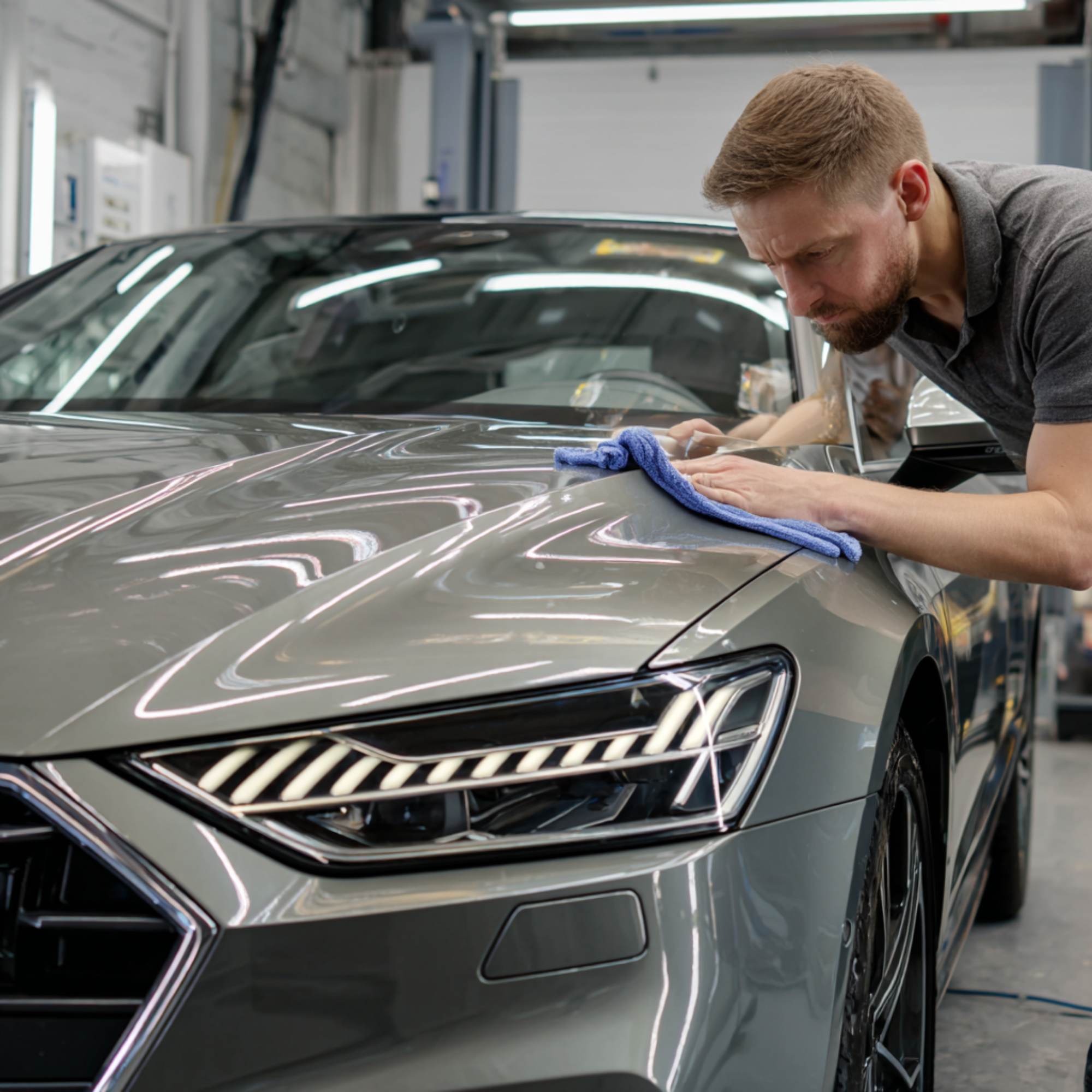
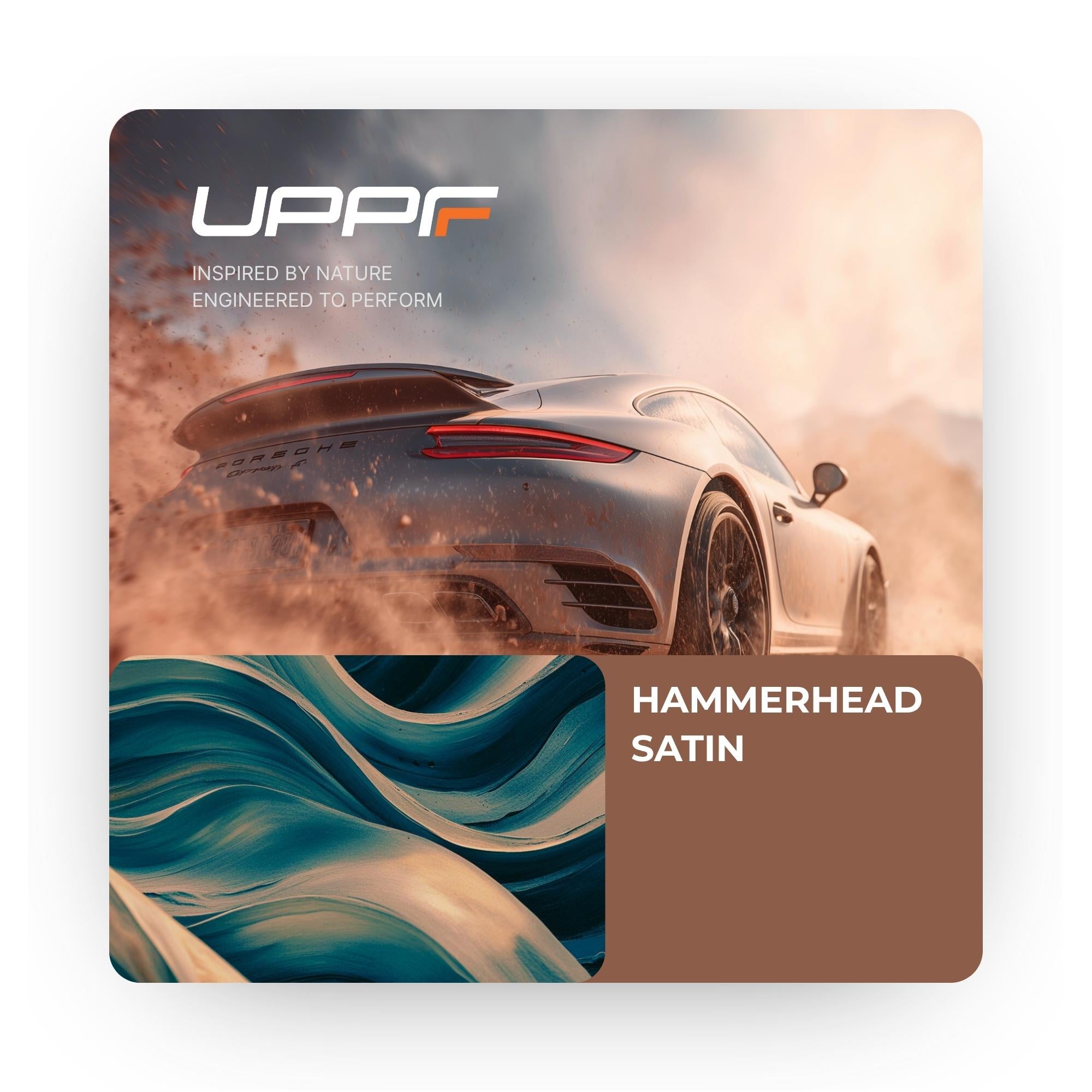
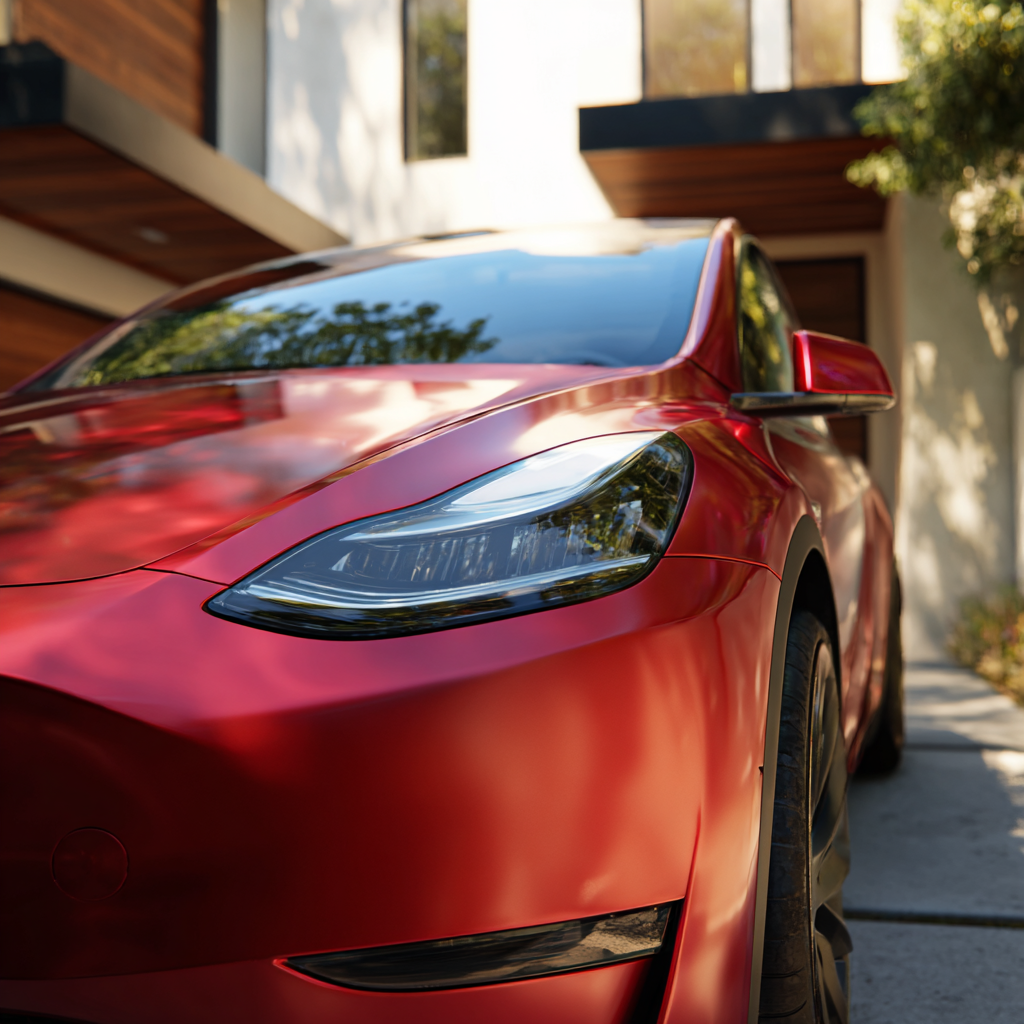

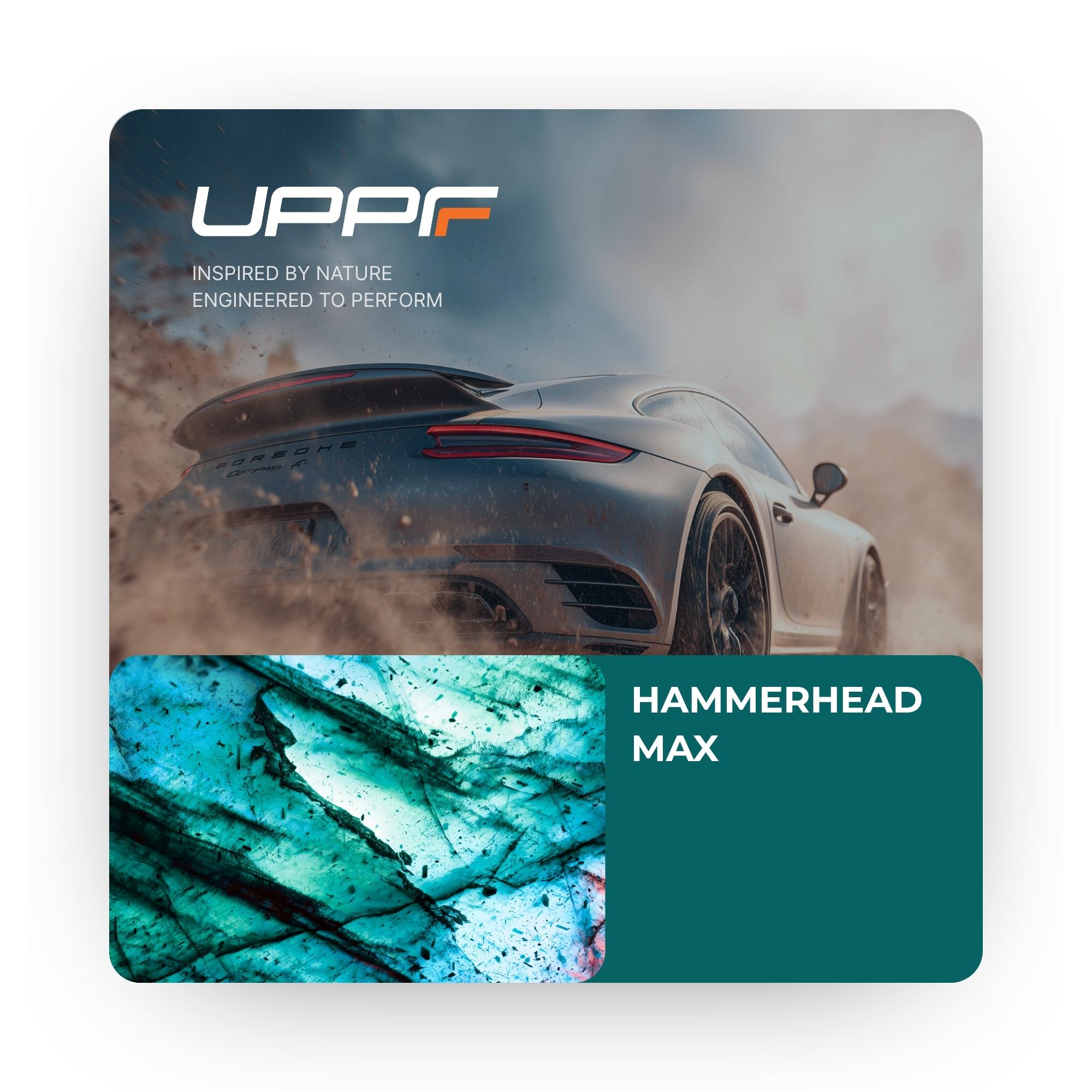
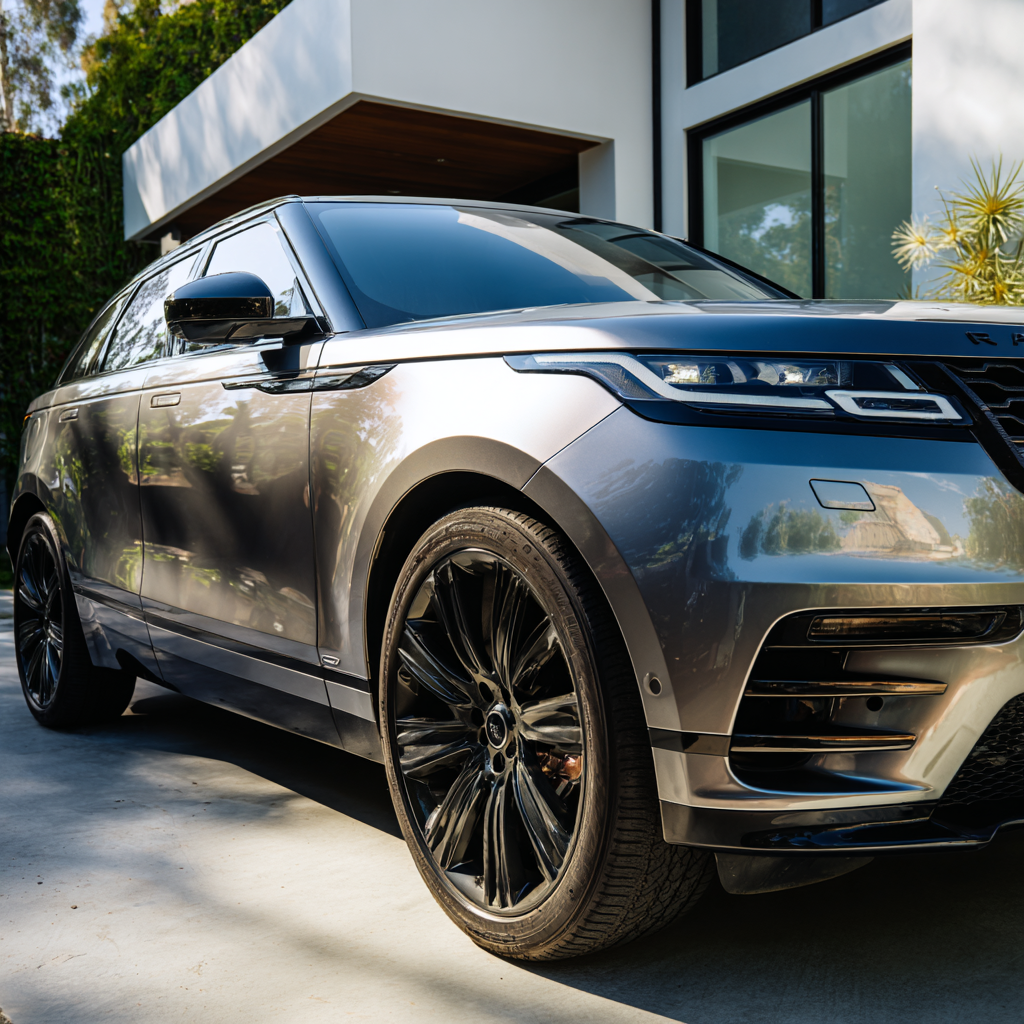

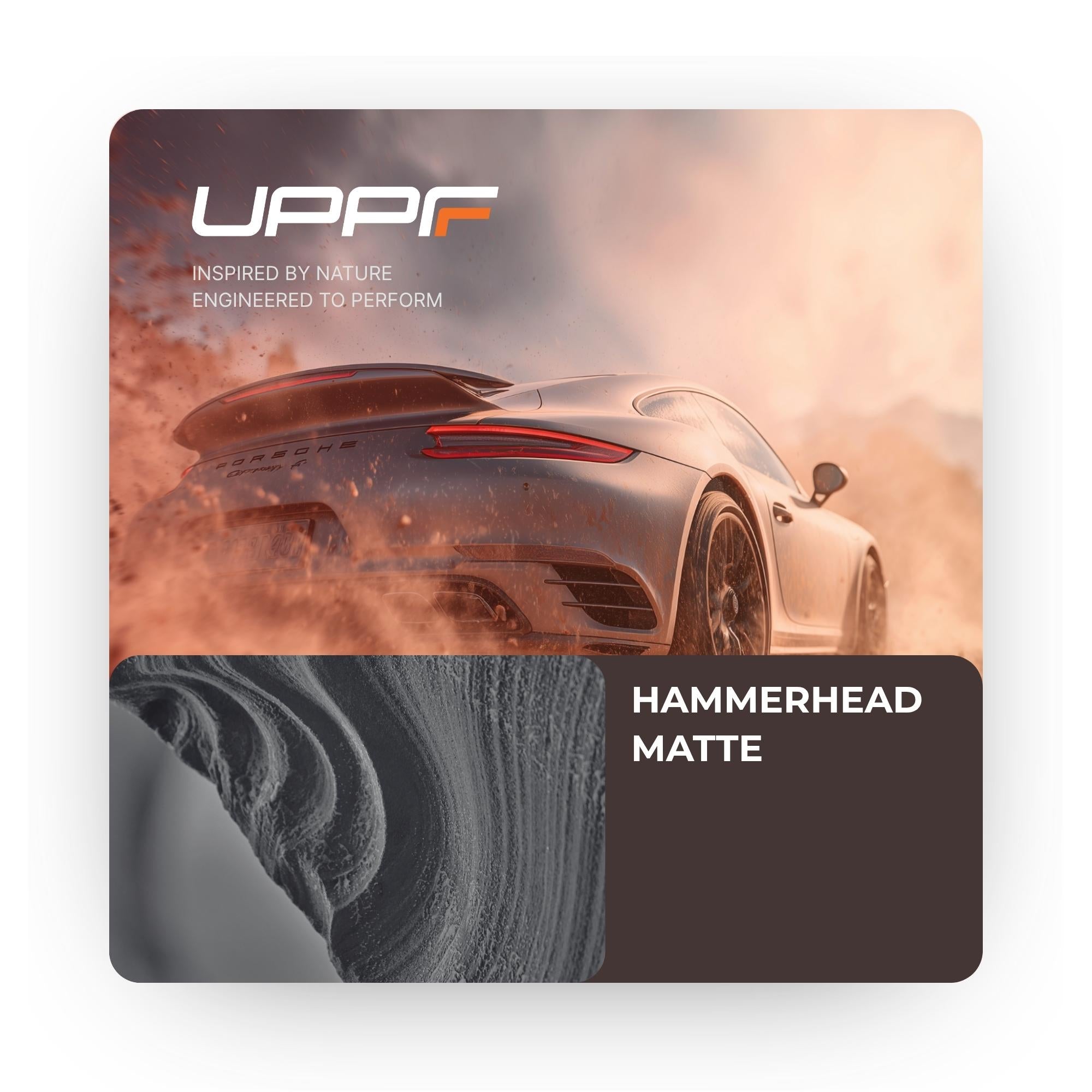

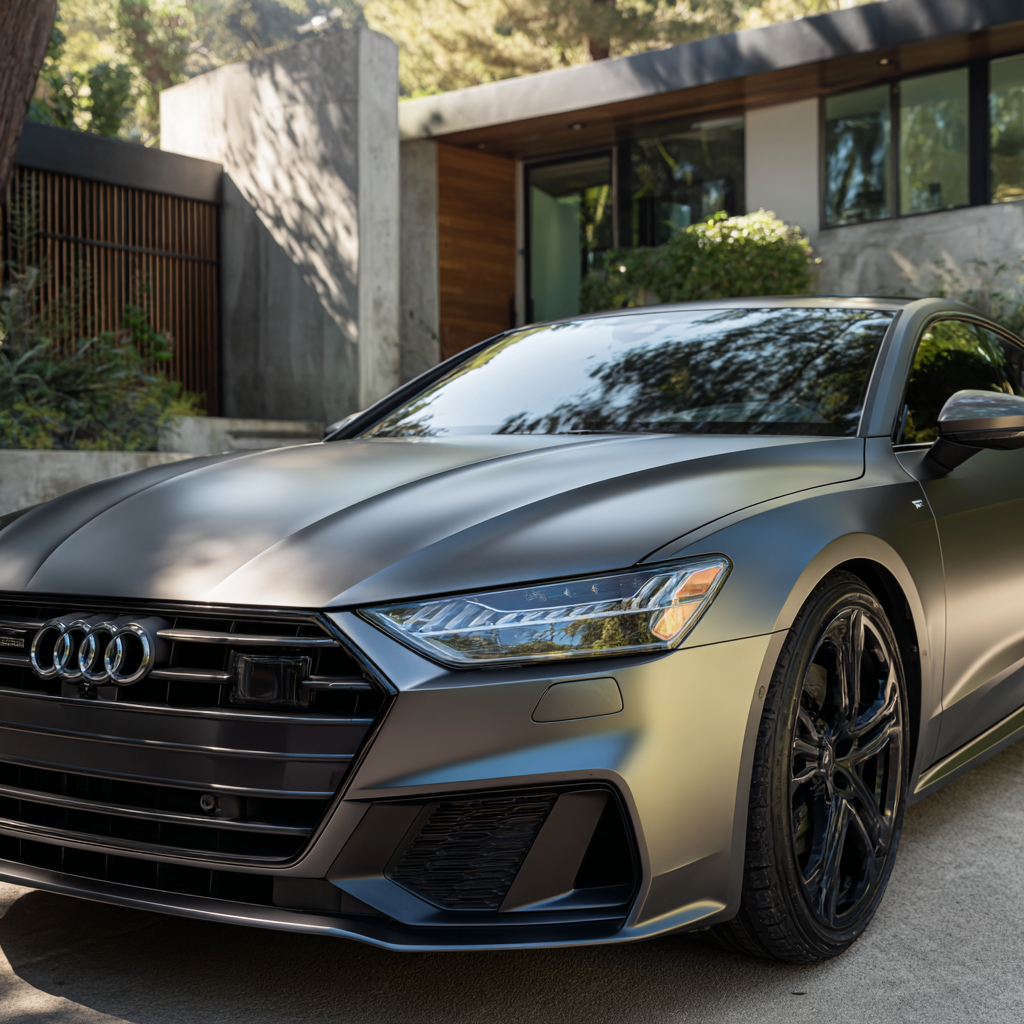
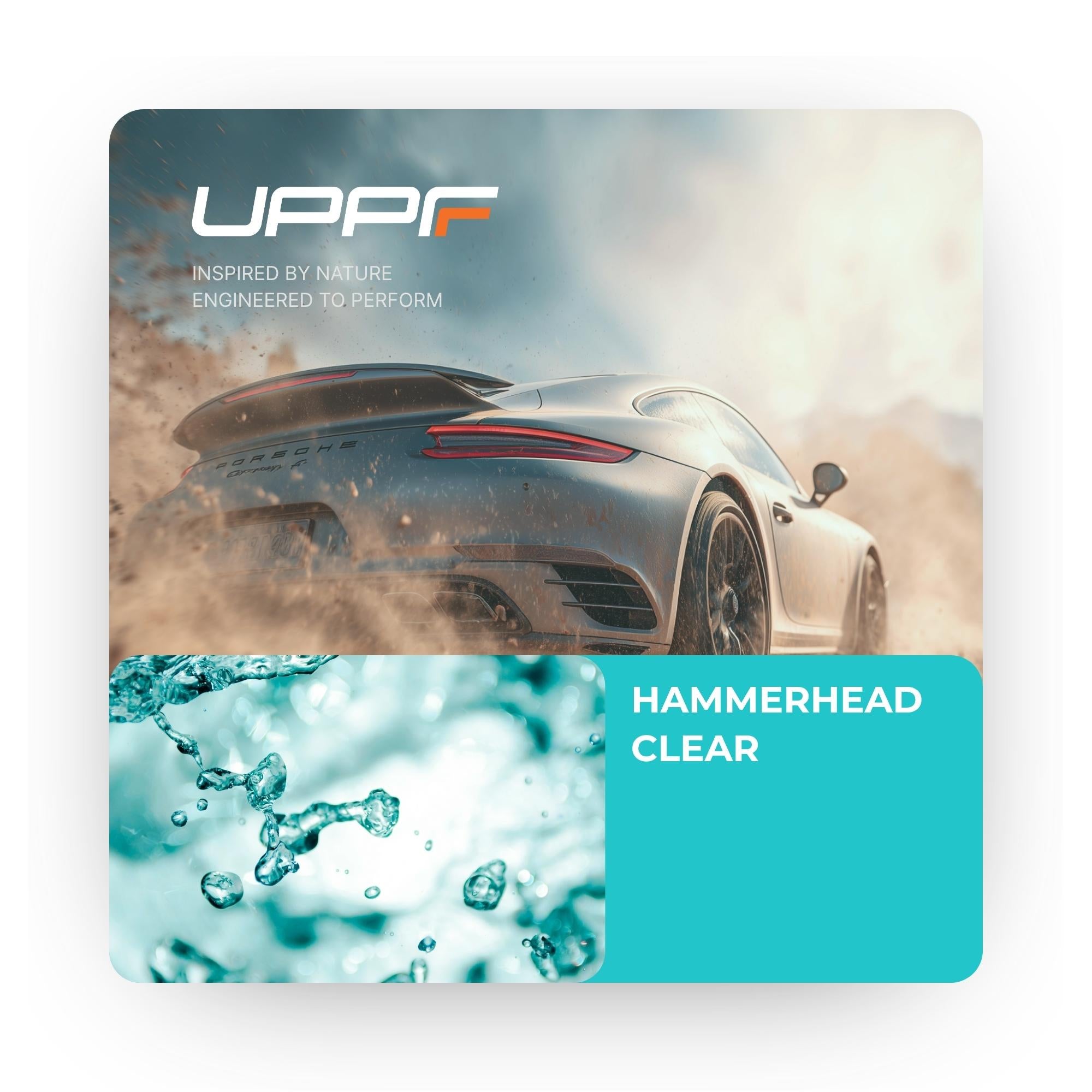

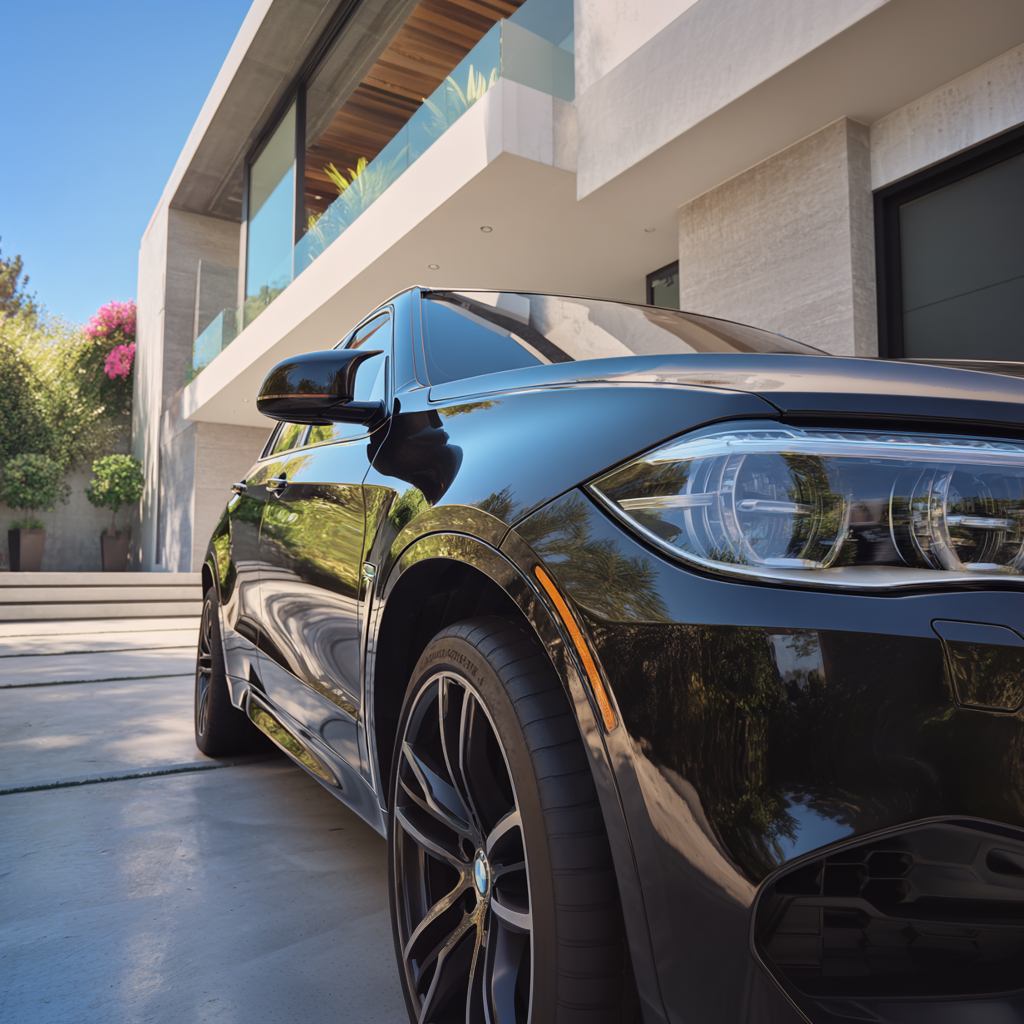
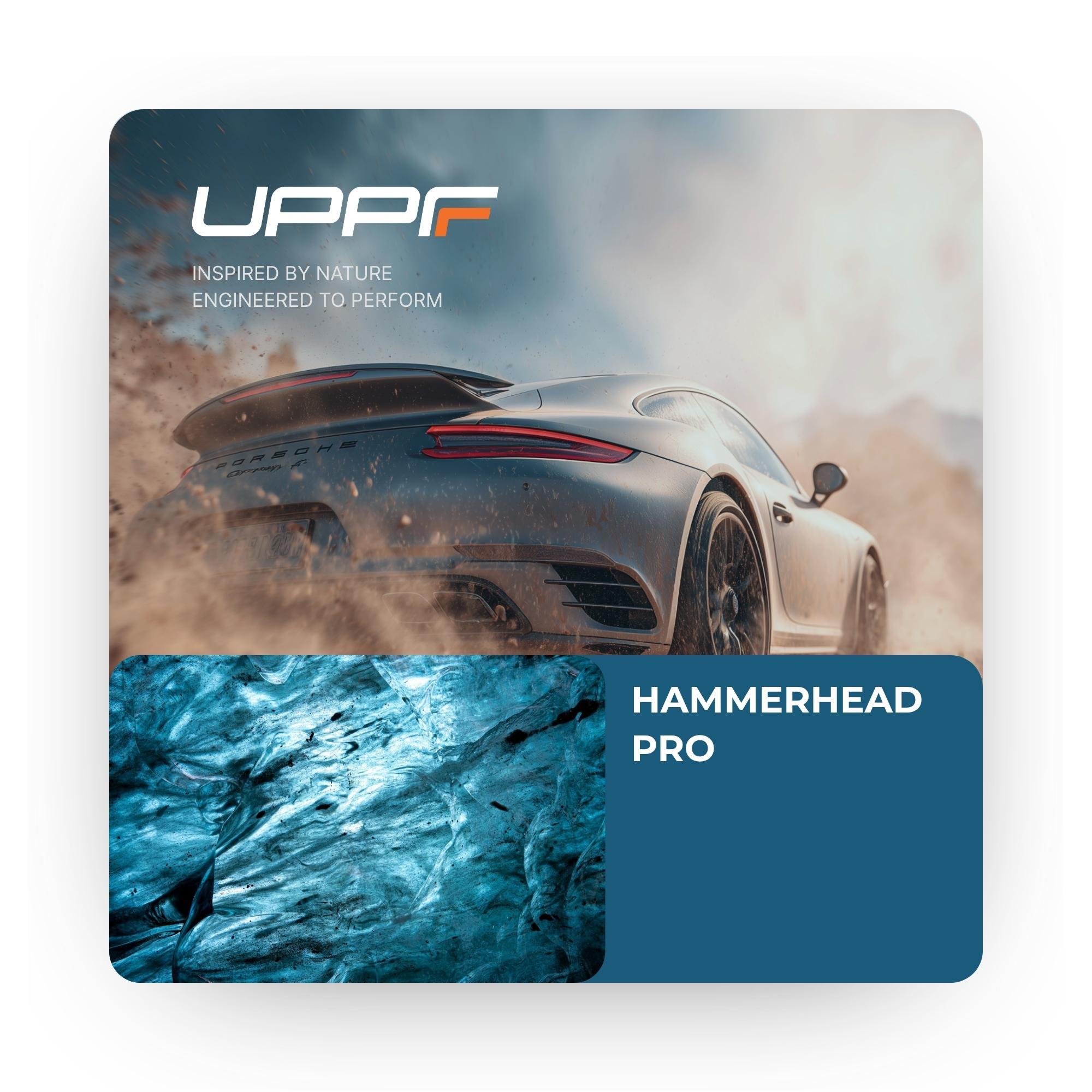
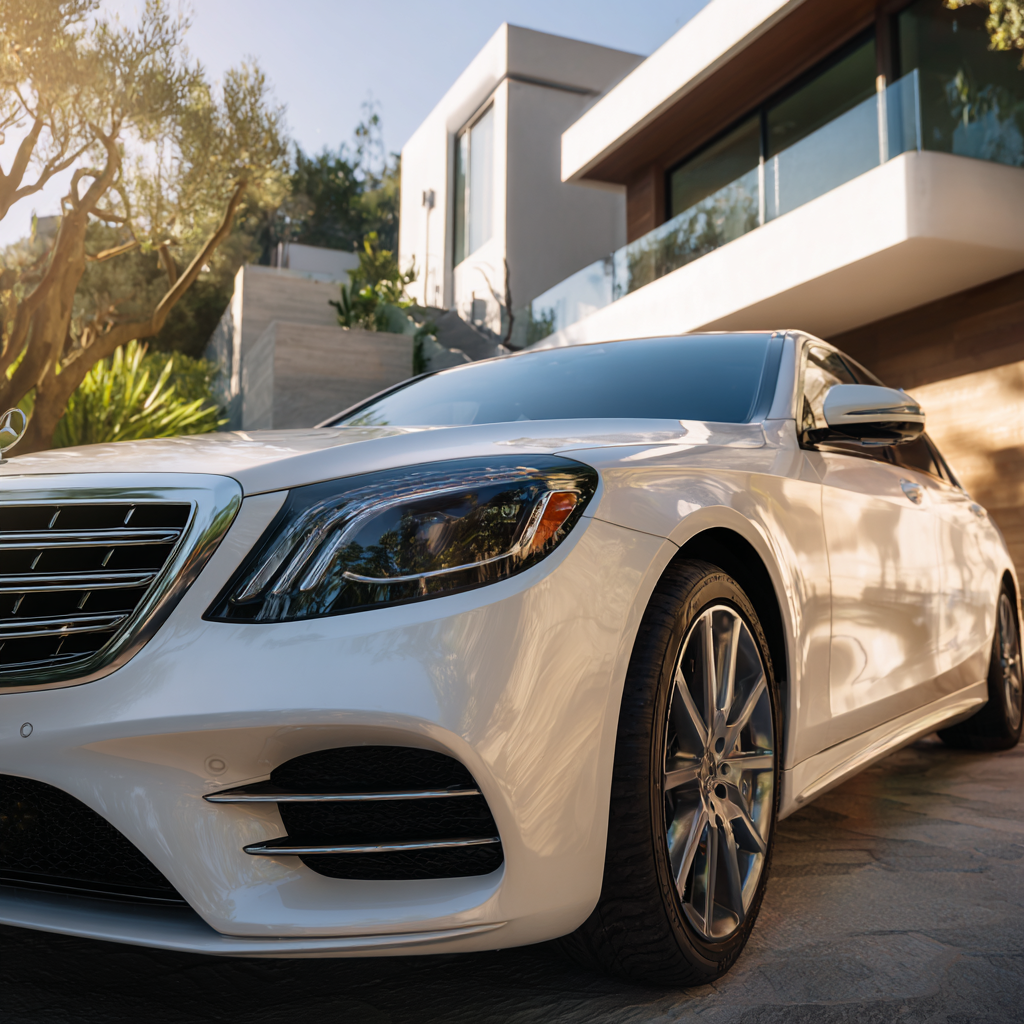


Share:
Shanghai Grand Prix weekend
2025 Bicester Heritage “Sunday Scramble”